Regulatory
Support Structure
Technical Assistance
The ISA evaluates investors' challenges, including tariff regulations, permitting, and licensing mechanisms. This analysis helps design tailored policy and regulatory frameworks for solar energy deployment and integrates these frameworks into the country's energy mix.

Technical Assistance
The ISA evaluates investors' challenges, including tariff regulations, permitting, and licensing mechanisms. This analysis helps design tailored policy and regulatory frameworks for solar energy deployment and integrates these frameworks into the country's energy mix.
Benefits

Interventions
Bhutan

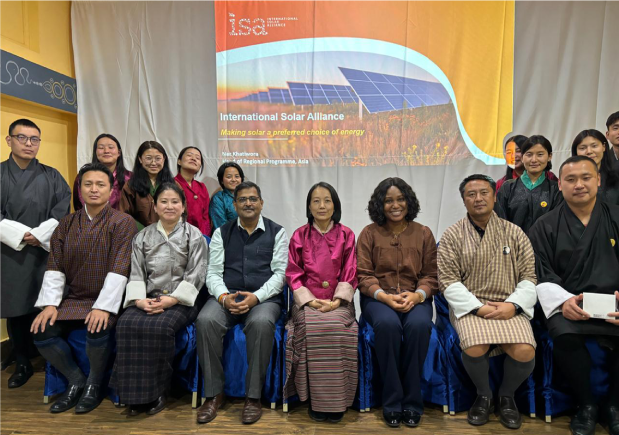
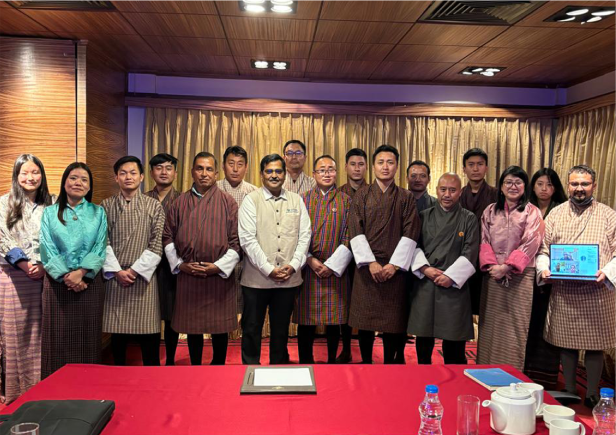
To encourage the development of solar energy, the Electricity Regulatory Authority (ERA) of Bhutan, with ISA's support, has focused on framing several regulations and policies, including Licensing and Exempt from License Regulations, Solar Tariff Regulations, Tariff Pricing and Methodology Policy Paper, and an Excel-based Tariff Model. A two-day workshop followed by one-day stakeholder consultations were conducted to build ERA’s capacity. Discussions covered various solar tariff pricing approaches, including feed-in tariffs, market-linked pricing, hybrid pricing, and competitive bidding. The Feed-In Tariff (FIT) Return on Equity (RoE) based approach was recommended for its stability and investor confidence during the early market development phases.
Ethiopia

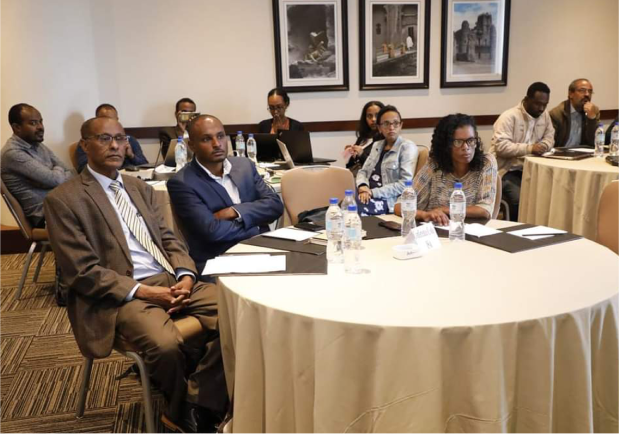
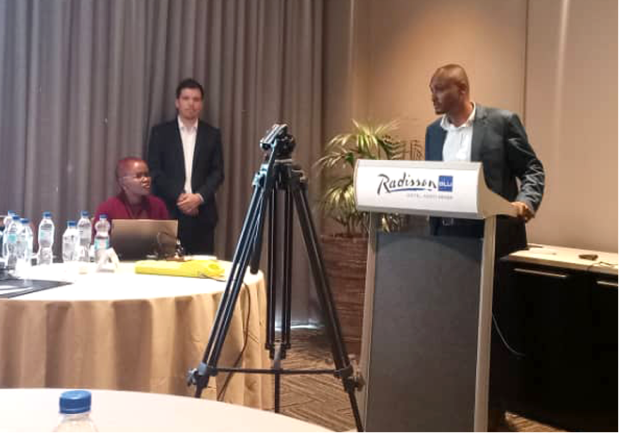
In Ethiopia, ISA, in collaboration with INENSUS GmbH, enhanced the mini-grid tariff tool and worked on digitalizing the mini-grid licensing process. The workshop spanned three days and was packed with informative sessions and practical exercises. Participants were introduced to an enhanced tariff tool and engaged in hands-on exercises to familiarize themselves with its application. The focus of the workshop shifted to digitalizing the mini-grid licensing process, with plans to establish an online portal for streamlined license applications. Looking ahead, the PEA will assemble a technical team to review the tariff tool and provide virtual handover training. Additionally, discussions are set to continue on organizing a public consultation workshop.
The Gambia
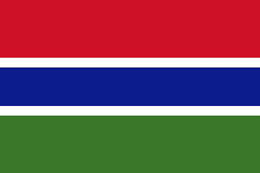
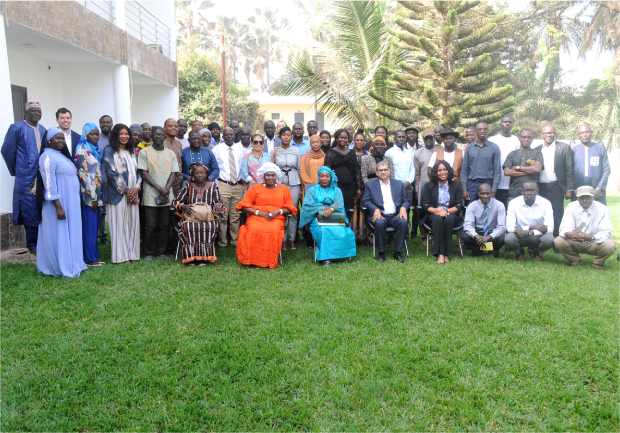
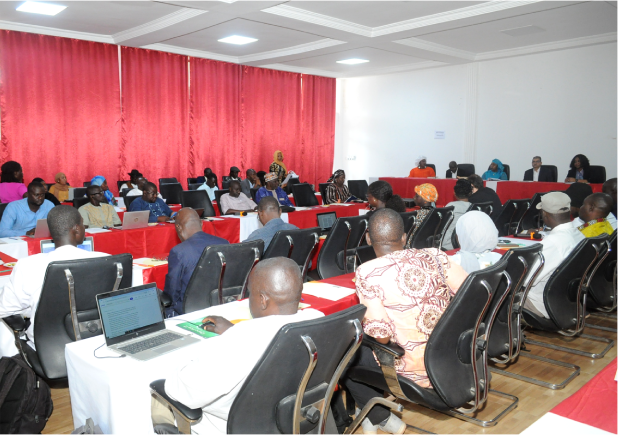
ISA conducted workshops with the Public Utilities Regulatory Authority (PURA), Ministry of Petroleum and Energy (MOPE), Ministry of Agriculture (MOA), and Ministry of Fisheries and Water Resources (MOFWR) in February 2024. The workshop focused on several key highlights. These included validating collected information and identifying gaps and challenges within the solar sector's policy and regulatory frameworks. Participants prioritized viable interventions for ISA support, resulting in key recommendations. These recommendations encompass the review of the Electricity Act and Renewable Energy Act, the digitalization of licensing procedures, the development of net metering regulations, and a review of the mini-grid policy alongside tax incentives.
Nigeria

The ISA conducted a four-day training workshop to enhance stakeholders’ understanding of policy instruments, financial mechanisms, and sustainable business models for renewable energy. ISA’s preliminary mission to Nigeria identified key areas of interest for the government, with ongoing actions and discussions. The workshop enhanced stakeholders’ understanding of policy instruments like Feed-In Tariff, Net Metering/Gross Metering, and Tariff Subsidies and provided tools for effective energy policy design. It deepened awareness of carbon credits for climate change mitigation, explored sustainable business models for renewable energy, and facilitated networking among government officials and industry experts.
The Gambia
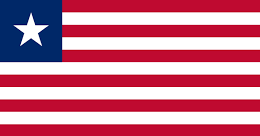
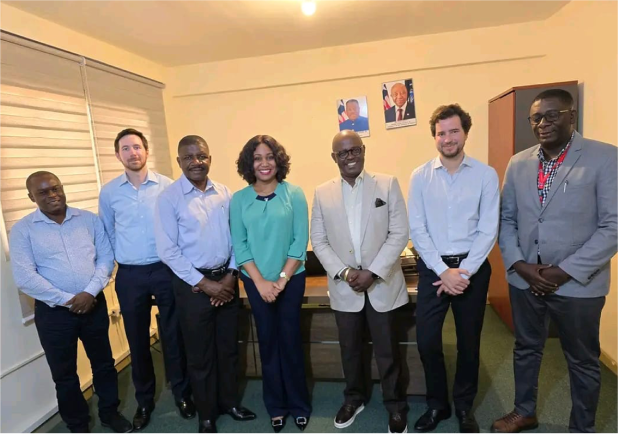
The ISA engaged in consultations with key Liberian stakeholders regarding the development of solar energy policy and regulations in April, 2024. Bilateral meetings were held with government agencies, including the Ministry of Mines and Energy and the Liberia Electricity Regulatory Commission. Liberia's existing solar regulatory framework was found to be robust yet in need of enhancements, particularly in tariff setting and mini-grid regulation. Stakeholders sought ISA's assistance in developing tools for off-grid tariffs and reviewing the Mini-Grid Code to align with international best practices.
Uganda

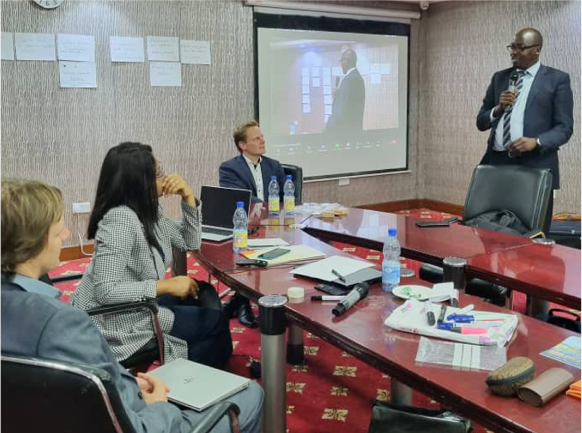
The ISA conducted a Needs Assessment Mission on August 28 and 29, 2023, aiming to address the challenges of energy access for millions of Ugandans. Regulatory support for Uganda holds significant potential for renewable energy, as it enjoys minimal yearly variation due to its equatorial location. However, its solar energy stabilization remains low. An effective regulatory framework is essential to foster sustainable business models and stabilize solar investments for the benefit of millions of Ugandans who lack reliable access to energy.
Fiji

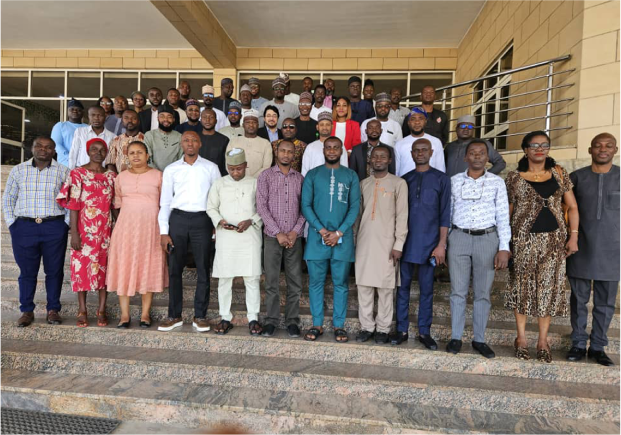
The ISA conducted a Needs Assessment Mission on August 28-29, 2023, to address regulatory barriers and foster sustainable business models for solar investments. The mission identified potential areas for ISA’s regulatory support to improve energy access and security. Global decarbonization efforts are crucial for vulnerable regions like the Pacific Islands, including Fiji, which face heightened climate change risks. Fiji’s heavy reliance on imported fossil fuels escalates energy prices and compromises security. Currently, 55% of Fiji’s electricity is from renewables, primarily hydropower and biomass. Recent assessments show that Fiji’s abundant renewable resources can meet domestic energy needs, lowering costs and fostering energy independence.

